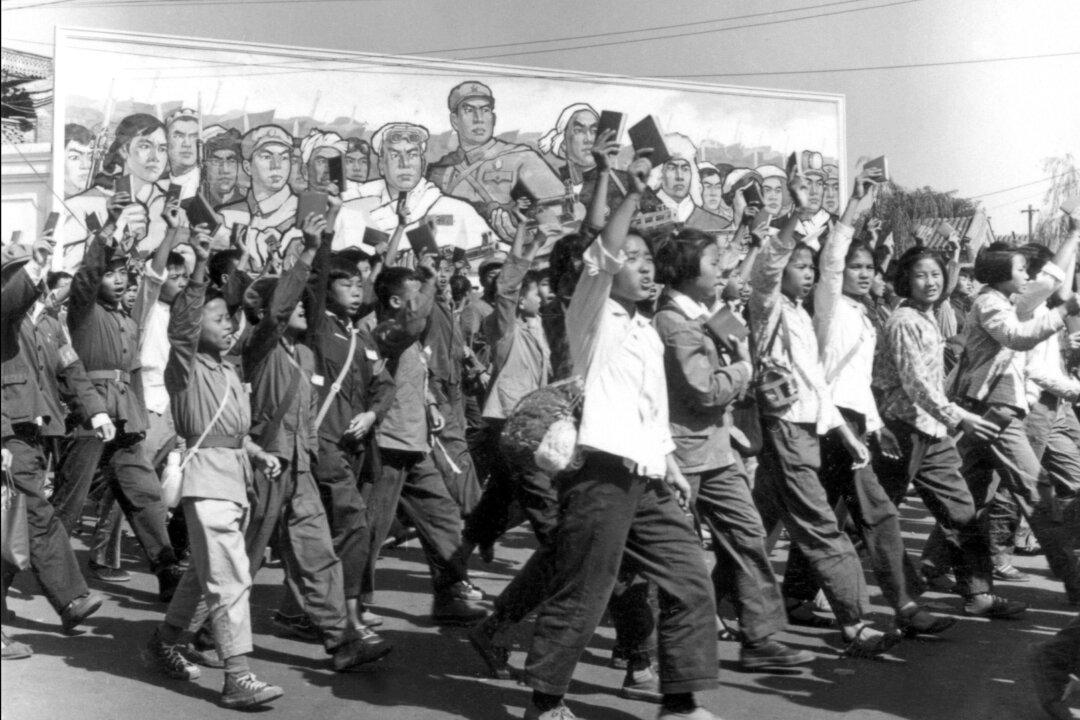Commentary
“Every Communist must grasp the truth, ‘Political power grows out of the barrel of a gun.’”—Mao Zedong, “Problems of War and Strategy” (Nov. 6, 1998), Selected Works, Vol. II, p. 224.During the 1960s and 1970s, when African American revolutionaries launched street violence in cities across the United States, their close ideological and personal working relationship with the Chinese Communist Party (CCP) was very much out in the open. When Black Panther Party leaders Elaine Brown and Huey P. Newton or avowed militant revolutionaries such as Robert Williams visited Beijing in those days, it was often a photo op—sometimes with Mao Zedong himself.
On Aug. 8, 1963, the Peking Review published a statement that Chairman Mao issued at the direct request of Robert Williams, former president of the Monroe, North Carolina, chapter of the National Association for the Advancement of Colored People (NAACP) and later affiliated with the Socialist Workers Party, the Workers World Party, and members of the Communist Party USA. Mao’s statement was entitled “Statement Supporting the American Negroes in Their Just Struggle Against Racial Discrimination by U.S. Imperialism.”

